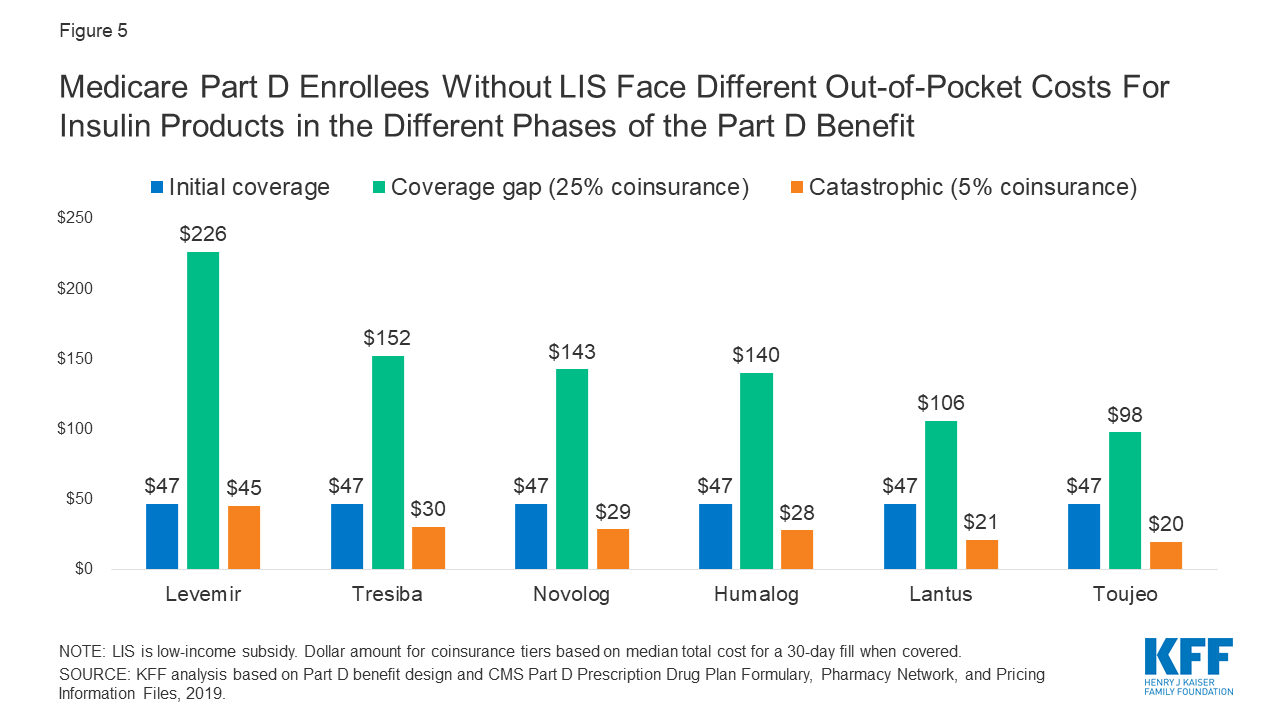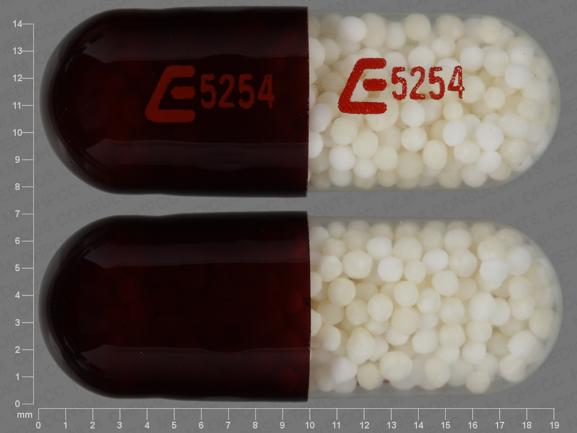GoSafe is about 60 a month. Medicare does not cover medical alert systems but some insurance plans do and so if you have a Medicare Advantage plan you should check to see if it covers medical alerts.
 Does Medicare Cover The Cost Of Medical Alert Systems 2021
Does Medicare Cover The Cost Of Medical Alert Systems 2021
Does Medicare pay for life alert systems.

Life alert medicare. There are several others on the market today. Life Alert like most other emergency response providers can help elders live an independent life so that retirement homes are. Remember the phrase Ive fallen and I cant get up That was Life Alert.
There is no landline requirement and the equipment is free to use. Every customer is required to purchase the Master Unit and it must be bundled with either one of the add-on devices 6990 per month or both 8995 per month. A medical alert system is a lightweight wearable device that lets the user call emergency services if they fall or have some other type of medical issue.
These emergency response system devices are usually worn on a lanyard around the neck or on your wrist and allow senior citizens to contact emergency services if they fall simply by the press of a. Still that shouldnt stop you from getting a system. Many Medicare recipients who qualify for their coverage based on age or disability appreciate Life Alerts.
Opting for a service without a start-up cost can save the equivalent of four to five months of subscription costs compared to Life Alert. In addition the company offers a separate. One of the many questions those on Medicare or Medicaid ask is whether or not the programs will cover the cost of a fall detection device or other types of medical alert devices like the GreatCall medical alert.
Medical emergency response systems can provide peace of mind and a sense of security for older individuals or those who are wary of falling or suffering from a serious medical complication. Is This an Emergency. Life Alert works via a base station and a pendant that the senior wears around their neck.
Members must pay a 149 cost for the device. Life Alert is a widely-known name in the wearable personal emergency response system PERS industry. The system comes with a pendant device and users have the option to include GPS to allow for easy location while away from home.
However some are more expensive for GPS and other features. Part B of Original Medicare covers durable medical equipment such as hospital beds canes walkers and blood sugar meters. Does Medicare Cover Medical Alert Systems.
The company has been serving seniors for the past 30 years and their service has saved nearly 500000 lives in the last decade alone. Unlike most medical alert providers that offer standalone systems Life Alert typically requires customers to bundle their products together. The company has been in business since 1987 and is.
Life Alert is a medical emergency response system that dispatches help to seniors in the event of fire poisoning or medical emergency. Does Medicare Cover Life Alert. For instance Bay Alarm Medical is just one alternative to Life Alert that offers medical alert systems starting at 1995 with no start-up costs plus a risk-free 30-day trial.
There is also a wristband option. Weve personally been using their products over the years and we certainly appreciate their. Medicare and Life Alert.
Without a doubt Life Alert is one of the most trusted names in the medical alert industry. Life Alert is an advanced medical emergency response system which is designed to dispatch immediate help to seniors in situations such as a fire breakout poisoning or any other medical emergency. Its also a more affordable alternative with plans starting under 30 per month.
Unfortunately though Medicare does not cover medical alert systems. Life Alert is a medical alert system specifically designed to protect seniors and all family members in a home health emergency. 1 By that definition you might expect Medicare to cover medical alert systems.
In-home Lifeline costs about 30 monthly for the 247 monitoring an initial 50 is for the equipment. Although Medicare does not cover the cost of a medical alert system other programs do cover these life-saving systems. Life Alert services can help seniors remain independent and possibly avoid a retirement home by sending help fast in the event of a medical fall shower.
Medical Alert offers a free introductory month of service to ensure satisfaction. Life Alert is one of the most popular systems on the market and it is commonly used to allow people to continue living independently. Like other emergency response providers Life Alert helps elders live independent lives so retirement homes do not have to be the only option for elders who do not require constant care.
In select cases the Master Unit can be purchased on its own but youll need to get special approval from a Life Alert. Plans start at about 25 per month. Life Alerts premium service is a lifesaving link to the outside world for immediate medical attention.
The faster the appropriate authorities are notified of your emergency the better it is to minimize the risk of permanent damage disability and even death. Medicaid and CHIP services enrollment surpassed 739 million as of March 2018 the Center for Medicaid and CHIP Services reports yet not all Medicare and Medicaid beneficiaries are covered for the cost of medical alert systems. And if add-ons like automatic fall detection are important to you keep in mind Life Alert doesnt offer a fall detection option but Medical Guardian does.
Life Alert and other PERS allow a person at home to push a button to call for help when in trouble. There are other ways to pay for a medical alert. The costs of PERS usually involve the initial installation charge and a monthly monitoring fee.
There is no long. While Medicare does not cover life alert you can purchase a lifeline alert system at an affordable rate. Life Alert is just one brand of medical alert system.






